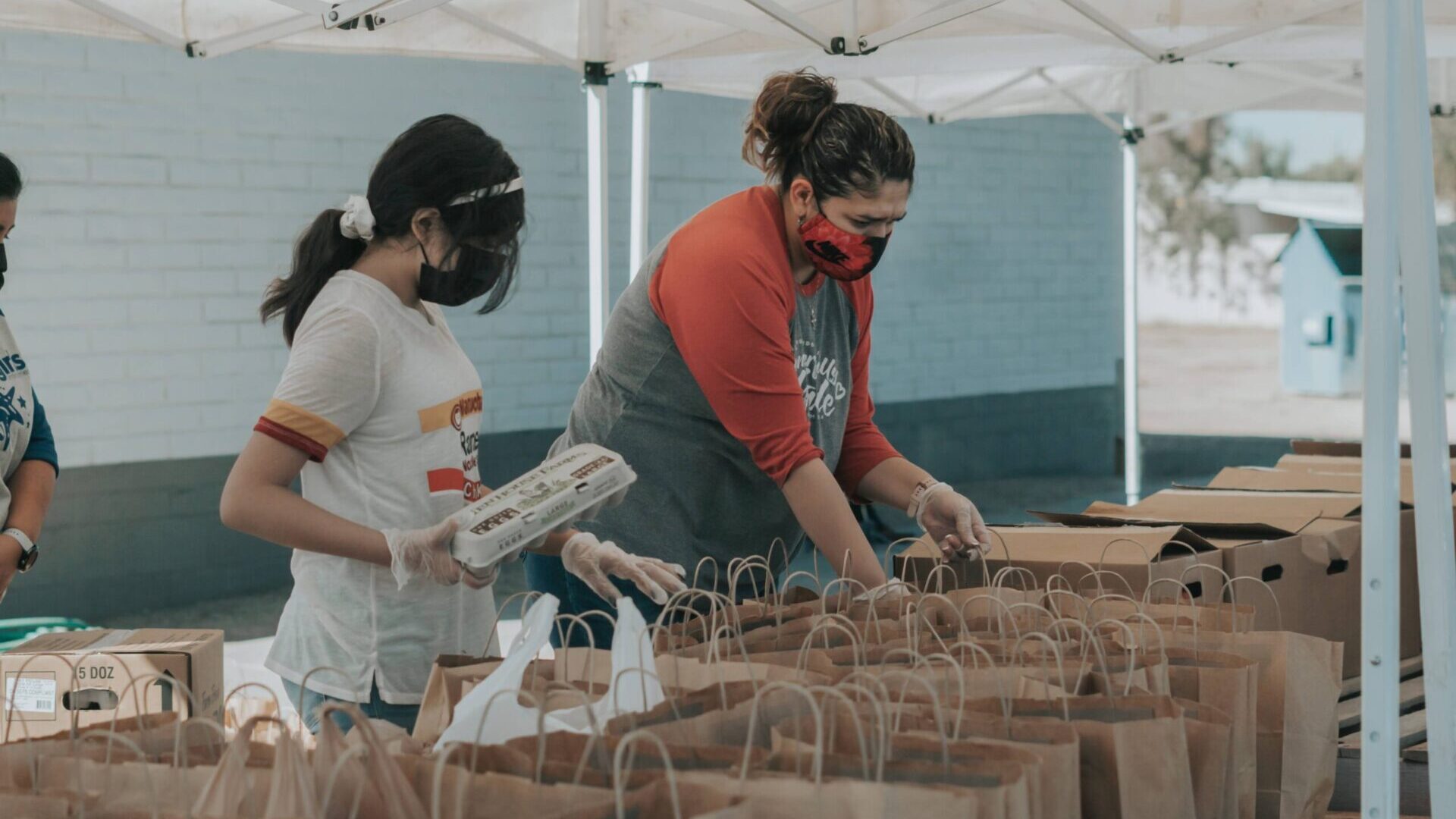
Learning and Change led the design of the methodology, the data collection approach and the analysis of 53 qualitative interviews of users of food banks and other types of food support centres to investigate the characteristics of food poverty in the area and the effect the pandemic had on it. The interviews were done by the Centro di Servizi per il Volontariato (CSV) of Milan, following the guidance and support of Learning and Change, and took place in 4 food support centres:
- La Speranza of the municipality of Corsico, a food bank where users receive a food parcel with key food items;
- La Rotonda of the municipality of Baranzate, an emporium that offers food which users can choose based on their needs;
- Fondazione Progetto Arca/Bottega Solidale of the municipality of Rozzano, a mini-market exclusively geared to people in need;
- Il Torpedone of the municipality of Cinisello, a social market that offers food which users can choose in exchange of points.
Food poverty and women
The research findings show that women are the ones witnessing the most the increase of food poverty: they are the ones giving up food, skipping meals, dealing with the shame of going to a food bank to ask for support. Generally, for women the nutrition of their children comes before anything else. One interviewee, a foreign woman who started going to the food support centre during the pandemic, stated: “the most important thing is that I feed my children, I will eat whatever is leftover. The truth is I only eat leftovers, maybe it’s because I’m a mother”.
Foreign families tend to be among the worst affected by food poverty. Women from these families tend to be carers, a role that was greatly affected by the pandemic given the lockdown restrictions and social distancing measures. This meant that many families found themselves without a substantial source of income or, in some cases, also without the food and lodging providers. Overall, the pandemic tended to increase the food poverty of people in the informal labour market and who do not have stable employment.
Among the users of food banks or other forms of food support centres, food is not prioritised. The fact that they receive some kind of food support means that the stress linked to procuring food diminishes and other worries seem to prevail, such as rent payment, the utility bills, the fear of losing their house due to their limited capacity to cover the costs. An interviewee, a foreign woman, pregnant and with 3 children, said: “just to be able to pay the rent I would eat only bread and water. The most important is that we manage to pay the rent, if we don’t have enough money for food we can always just eat a plate of pasta”.
The report
The research led to the report “La fame non raccontata” (The hunger not told), launched by ActionAid Italy and CSV on 18 October 2021 in occasion of the World Food Day. Inputs to the research design and analysis were also provided by a Steering Committee which included Monica Palladino, Carlo Cafiero and Marina Spanu. The oversight was provided by Roberto Sensi, ActionAid Italy.
Join us to improve your impact and make a difference in the lives of the people you work with.
Learning and Change
Social Contact